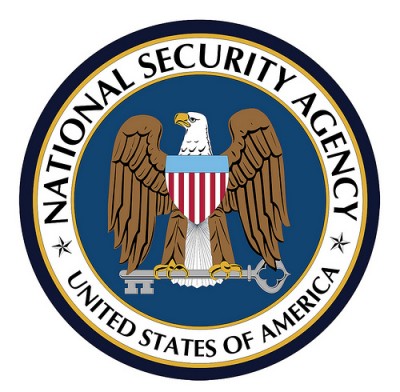National security has become a pretext for the introduction of protectionism in international trade. The United States use this policy to protect its market. It means a serious restriction of access to U.S. market for traders from abroad. The European Union expressed concern over this situation and warns against the creating of barriers to international trade. “Cannot justify restrictions on trade and investment based on national security if they are in fact protectionist and serve other purposes “, the European Commission contends. It adds “In the case of long-term protectionist measures. EU may impose similar constraints on U.S. goods”. This situation would mean a reduction of mutual prosperity through international trade. Trade between the U.S. and the EU reaches more than 1.9 trillion euro, representing approximately 37 percent of world trade.
An example of protectionism for “national security” is an initiative for the security of cargo containers known as The Container Security Initiative (CSI). This measure was introduced in 2002 as protection against the risk of terrorist attacks on cargo ships. According to the U.S. regulation must scan all cargo containers in Europe. This process creates other additional costs and also takes more delivery time for European exporters. Exporters lose their competitive advantage. Some smaller exporters no longer exported to the United States because of these restrictions. The U.S. requirement to scan cargo containers increases the cost of refurbishment of the ports. The benefits of this protection are less than the cost of it. These investments in security measures will mean higher costs for consumers. Polish ports are the most important ones from the Visegrad group. They are of crucial importance to the Polish national economy and play the principal role in the national sea economy of Czech Republic and Slovak Republic. The cost to implement of the CSI means for Polish ports a bigger problem with the funding it than for the Port of Rotterdam or Port of Antwerp etc. Major ports in the Western Europe gain considerable competitive advantage over smaller ports.
Covert form of protectionism in the name of “national security” is also to restrict foreign ownership of U.S. airlines. Foreign capital would help the domestic airlines. Similar measures are not conducive for foreign companies and also for domestic consumers. Despite these facts, Washington does not want to abandon these rules. The project „Open sky“ still remains unfinished.
The problem of national security is also known in other states. Japanese economy is known as one of the most closed to foreign investmentadvanced economy. Japan creates a “hostile background” for foreign investment. On the other hand, Japan uses the openness of other economies. Tokyo protects its agriculture, energy, health, fisheries and maritime transport. The main reason for rejection of foreign capital is a concern to preserve national security.
Protectionism has many forms. Some forms are seen as custom duty, some are hidden in the form of national security, technical specifications, hygiene standards, environmental protection etc. At the moment there is a transition to the covert forms, despite the fact that most states are presented with an open market. Often groups with common interests are behind these measures. Lobbyists seek to protect the domestic market against foreign competition. Protectionism is undesirable for all states: Loses for the whole of society and gains only for groups with a common interest. The threat of terrorism has become a powerful tool in the hands of policymakers in defending protectionism. Similar measures involve serious threat to the fundamental values of Western civilization, one of which is economic and personal freedom.



















3 Comments
I don’t suppose I have ever learned something like this before. So good to see someone with some unique suggestions on this topic. I really thank you for starting it. This website is one thing that’s needed around the net, somebody with somewhat originality.